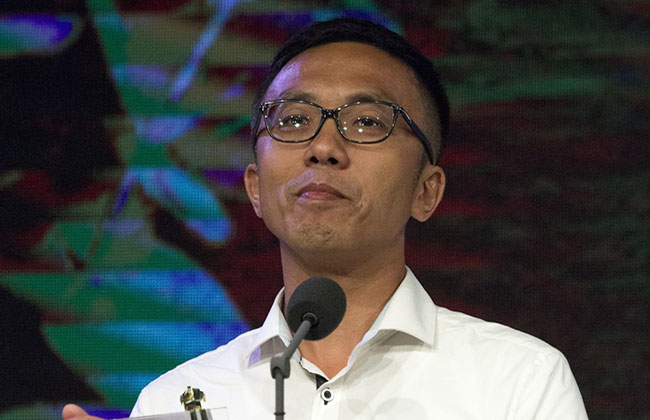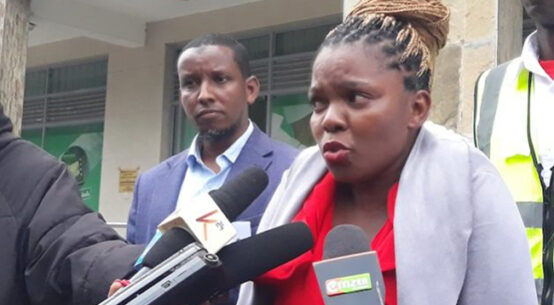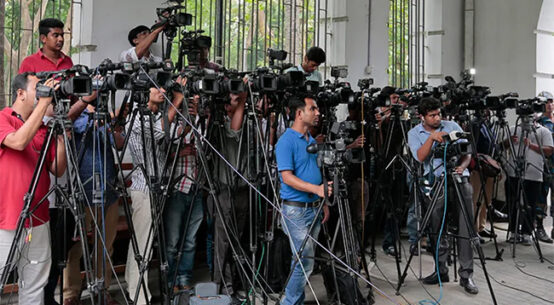
The mass violation of media rights by authorities has heightened globally with Hong Kong joining the fray and arrested one of the veteran journalists-media trainers on trumped up charges of sedition.
Local media and Al Jazeera confirmed in separate statements the arrest on Monday, Allan Au, 54 a veteran journalist and media trainer, making him the latest government critic to face possible jail time in the once freewheeling financial hub.
Au, had been arrested in the early hours of Monday, 11 April for alleged “conspiracy to publish seditious material” in his contributions to Stand News, a shuttered pro-democracy news outlet.
Although Hong Kong police did not immediately confirm Au’s arrest, reports say authorities had put up a notice on the city’s government news portal describing the arrest of an unnamed man fitting Au’s description.
“Arrestee is being detained for further inquiries”. Stand News was one of several pro-democracy news outlets forced to shutdown last year after police raided its offices and arrested senior staff on sedition charges.
Authorities have in recent months embarked on a cramp down on critical media with the recent arrest of top executives at Hong Kong’s Apple Daily. The executives were arrested under new national security legislation. Citizen News, was also shut down recently citing safety concerns.
Prior to his arrest, Au was employed as a consultant at the Chinese University of Hong Kong’s School of Journalism and Communication.
But Au told local media, RTHK that his dismissal may have been linked to his critical reporting on the Hong Kong government.
Human Rights Watch senior researcher, Maya Wang, in his Twitter message described the arrest of Au, a “moderate journalist and political commentator”, as a warning to all Honk Kong journalists that “no one is safe”.
Media right campaigner said Hong Kong’s new national security unit, police are capitalising on the draconian sedition law from the city’s British colonial to harass all journalists opposed to its whims to clampdown the media.
The law was used by colonial authorities against potential political agitators, including suspected communists, but fell out of use in the 1970s. Hong Kong’s sedition law is separate from the city’s national security legislation, which was imposed on the city by Beijing in 2020, but both have been used to crack down on journalists, activists and opposition politicians. Earlier, Hong Kong arrested six people for alleged sedition after they clapped during court hearings in December and January.




